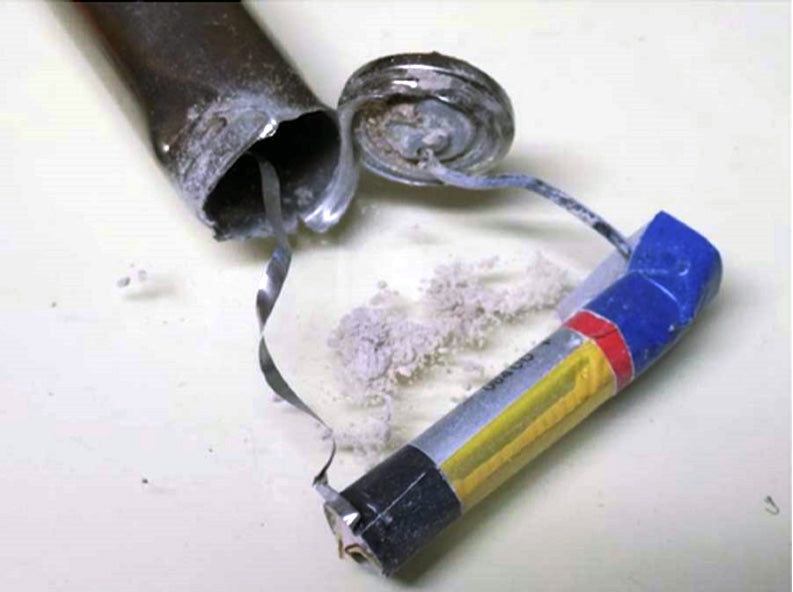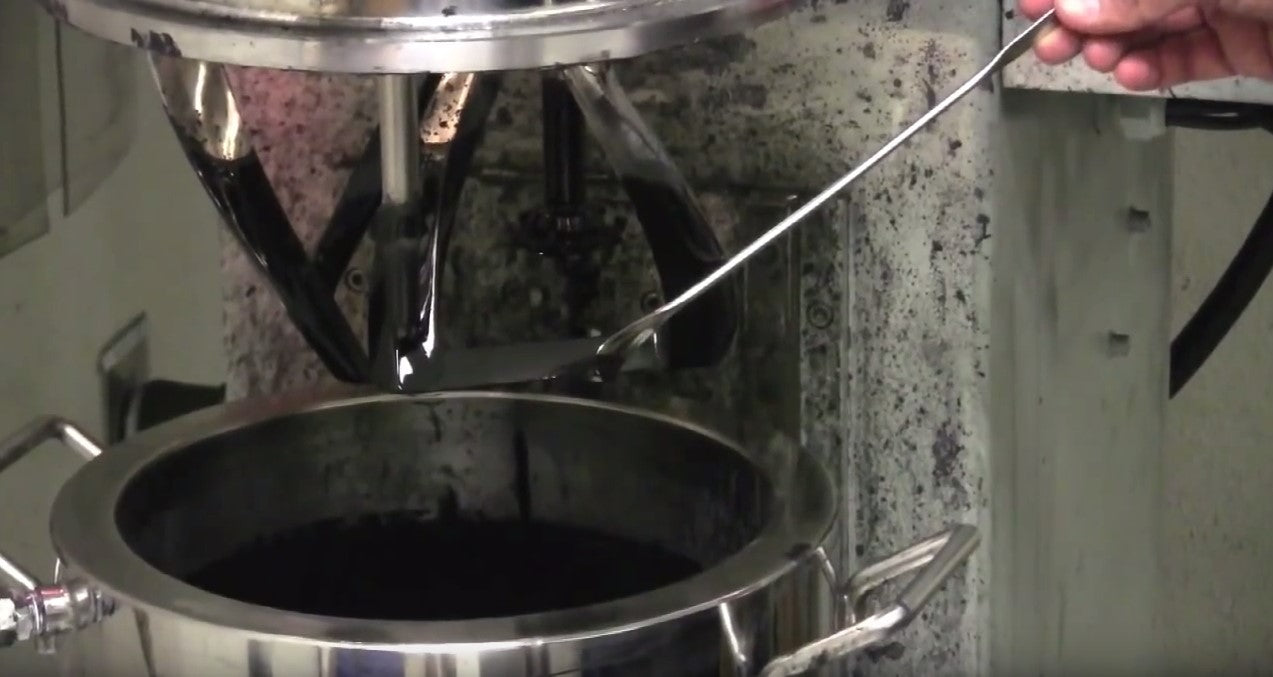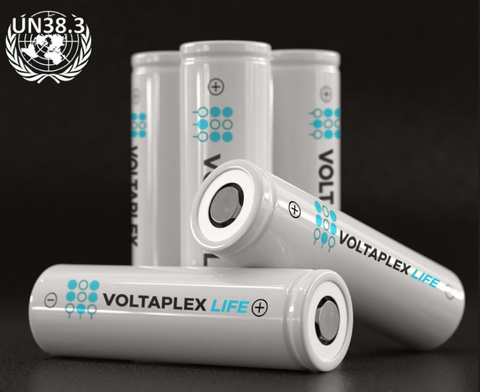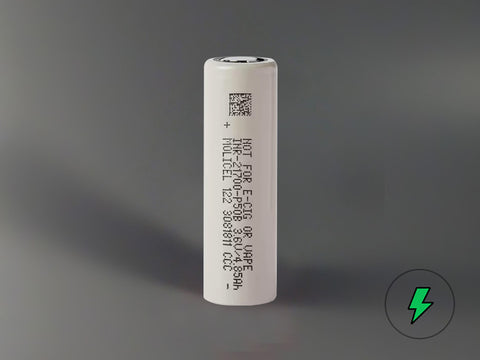'Why didn't I think of that?' Rechargeable Batteries on Kickstarter March 05 2015, 1 Comment
There's a new lithium ion battery on Kickstarter - the Monster Battery. What is unique, or at least special about these AA and AAA rechargeable is that the USB and cell are joined together. These are not lithium ion batteries unfortunately; they are nickel-metal hydride batteries (NiMH). I say unfortunately, because their energy density can only approach that of li-ion. On the other hand, NiMH is a bit safer, and ideal for a low charging current provided by the embedded micro-USB port.
This is not the first time we've seen this type of battery actually. The first USB-cell combo that went into production that I can remember is the Continuance AA Battery from 2011.

Continuance USB-Battery combination as many applications
While the design is very interesting, and certainly adds convenience to some users - it is worth mentioning their environmental impact. The manufacturers of such batteries like to play up their environmental factor. Li-ion and NiMH and other rechargeable batteries are inherently eco-friendly because they can last around 500 charge cycles and are 100% recyclable. However they do make the charger disposable, and the space taken by the internal charger decreases the room available for the cell. With a loss in capacity, you will need to purchase batteries more often. It is not clear, these are any better than rechargeable batteries without an internal charging mechanism.
There is one more battery that comes to mind with a similarly interesting design:

USB Cell batteries plugged in and charging
This is another take at charger integration. This time the positive pole flips open on a hinge to reveal a male USB adapter. This design removes the necessity for a micro-USB cable and thus really has an edge on the convenience factor over a side-port design.
Will 18650 batteries get an internal USB charger?
Lithium ion batteries are on Kickstarter all the time - but none so far that we know of with an internal charging mechanism. That's not to say it won't happen - but lithium ion batteries in particular are more complicated and dangerous to charge. Also, fewer consumers want to sacrifice performance for ease-of-use. However interesting, we don't see this happening in the near future.










Comments
cobalt327 on September 07 2016 at 12:35AM
Well, here it is a year and a half after the article was written, and we now have 18650 li-po batteries w/built in usb charging. One such cell is made (or distributed) by a company called ZNTER.